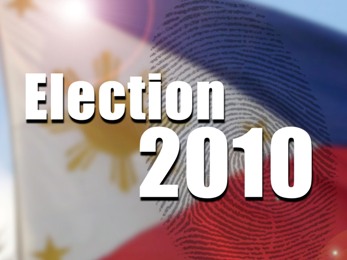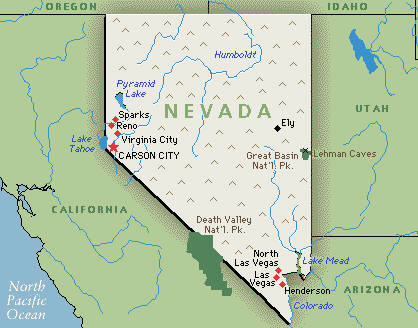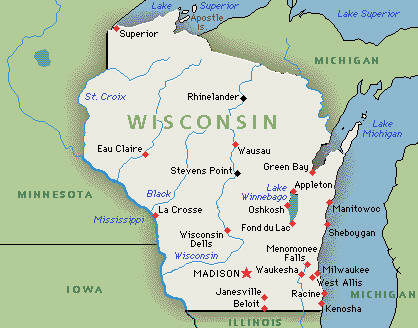A Beginner's Tour of the US Elections: Early Voting, The Toss-Up Races, and the Loss of Moderation
 As EA has looked at some of the races, and issues, that will determine who will control the US Congress come 3 November, large numbers of voters have already gone to the polls and cast their ballot. Procedures vary from state to state, but estimates suggest that fully 30% of the votes in these mid-terms will be made before the traditional focus of Election Day.
As EA has looked at some of the races, and issues, that will determine who will control the US Congress come 3 November, large numbers of voters have already gone to the polls and cast their ballot. Procedures vary from state to state, but estimates suggest that fully 30% of the votes in these mid-terms will be made before the traditional focus of Election Day.
Early voting is worth noting because it is contributing to a major shift that is occurring in American politics: the increasing inability of politicians to present themselves, or act in Washington as, moderate politicians.
Here are the eight toss-up elections, with the latest polling figures, which will decide which party controls the next Senate --- currently there are 57 Democrats, 2 Democrat-allied Independents, and 41 Republicans. We profiled Nevada and Kentucky last week; here are the six others....

 Tuesday, October 26, 2010 at 6:20
Tuesday, October 26, 2010 at 6:20

